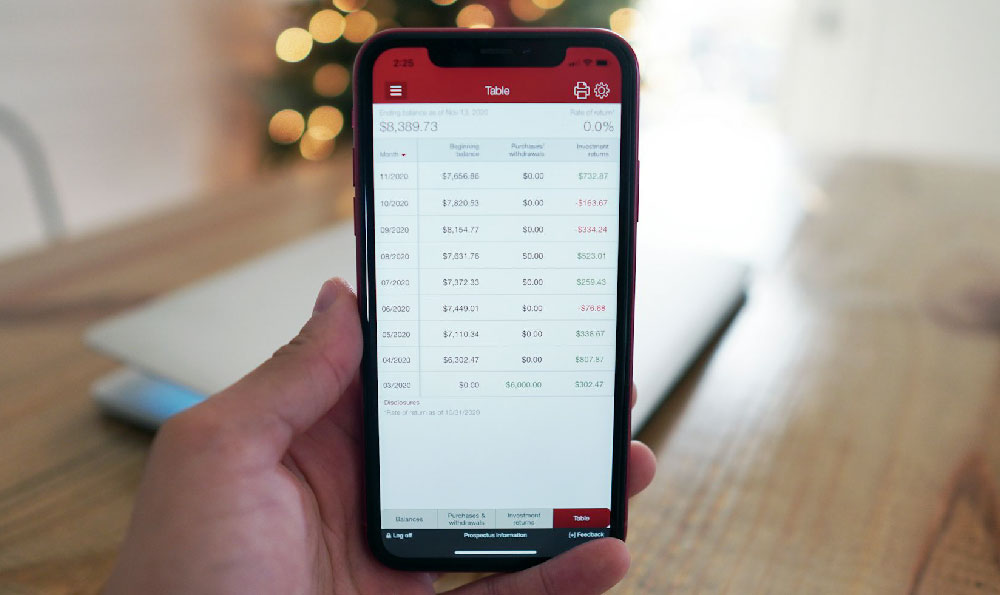The profession of a train conductor, encompassing roles such as locomotive engineers, subway operators, and maintenance personnel, is integral to the global transportation network, yet the compensation structure varies significantly depending on geographical location, industry sector, and specific job responsibilities. In the United States, for instance, the average annual salary for a train conductor is around $75,000 to $95,000, though this figure can be substantially higher for those working in high-demand regions or specialized roles within the freight rail industry. According to the Bureau of Labor Statistics, the median hourly wage for railroad conductors in 2022 was approximately $34.65, which translates to a competitive annual income given standard work hours. However, it is essential to recognize that this salary range is not static and is influenced by a multitude of factors, including the employer's financial health, the conductor's level of experience, and the demands of the specific route or service they operate. For example, conductors working for major freight companies like Union Pacific or BNSF may command higher wages due to the complexity of their tasks and the scale of operations, whereas those in passenger rail services or state-owned systems might see variations in pay scales. Additionally, the average salary can fluctuate based on the conductor's years of service, with seniority often leading to increased compensation and additional benefits. In some cases, conductors in the United Kingdom receive approximately £30,000 to £45,000 annually, while their counterparts in Germany may earn between €40,000 to €60,000, reflecting differences in economic conditions, labor market dynamics, and industry regulations. The field also offers opportunities for overtime, particularly during peak travel seasons or emergency situations, which can significantly boost annual earnings. Moreover, certain roles may include performance-based incentives or bonuses tied to safety records, efficiency metrics, or adherence to operational standards. Beyond monetary compensation, the job often comes with comprehensive benefits such as pension contributions, health insurance, and retirement plans, which can enhance the overall financial package. In terms of job overview, train conductors are typically responsible for operating locomotives, ensuring the safe movement of trains, and coordinating with crew members and dispatchers to maintain schedules. They must also perform routine maintenance checks, navigate complex track systems, and adhere to strict safety protocols to prevent accidents. The work environment can vary from the controlled settings of urban transit systems to the remote and often demanding conditions of freight rail operations, which may involve long hours, irregular shifts, and travel to distant locations. Career advancement opportunities within the field are typically limited, as the profession often requires a specialized union or certification process, though some conductors may transition into roles such as train dispatchers, maintenance supervisors, or fleet managers with additional training and experience. The job is also subject to specific regulations, including mandatory rest periods and drug and alcohol testing, which can impact work-life balance. For those interested in pursuing a career as a train conductor, it is crucial to consider not only the initial salary but also the long-term stability of the profession, which is often bolstered by the critical role of rail transport in global logistics. However, the industry is not without its challenges, as technological advancements and automation may gradually reduce the demand for traditional train conductors, necessitating adaptability and continuous learning to remain competitive. In conclusion, the salary of a train conductor is a multifaceted aspect of the profession, shaped by regional economic conditions, industry-specific requirements, and operational demands. While the financial rewards can be substantial, the job also entails significant responsibilities and challenges, making it a vital yet complex career choice for those seeking employment in the transportation sector. Understanding these dynamics is essential for anyone contemplating entering the field, as it provides a clearer picture of the potential earnings and the nature of the work involved.













